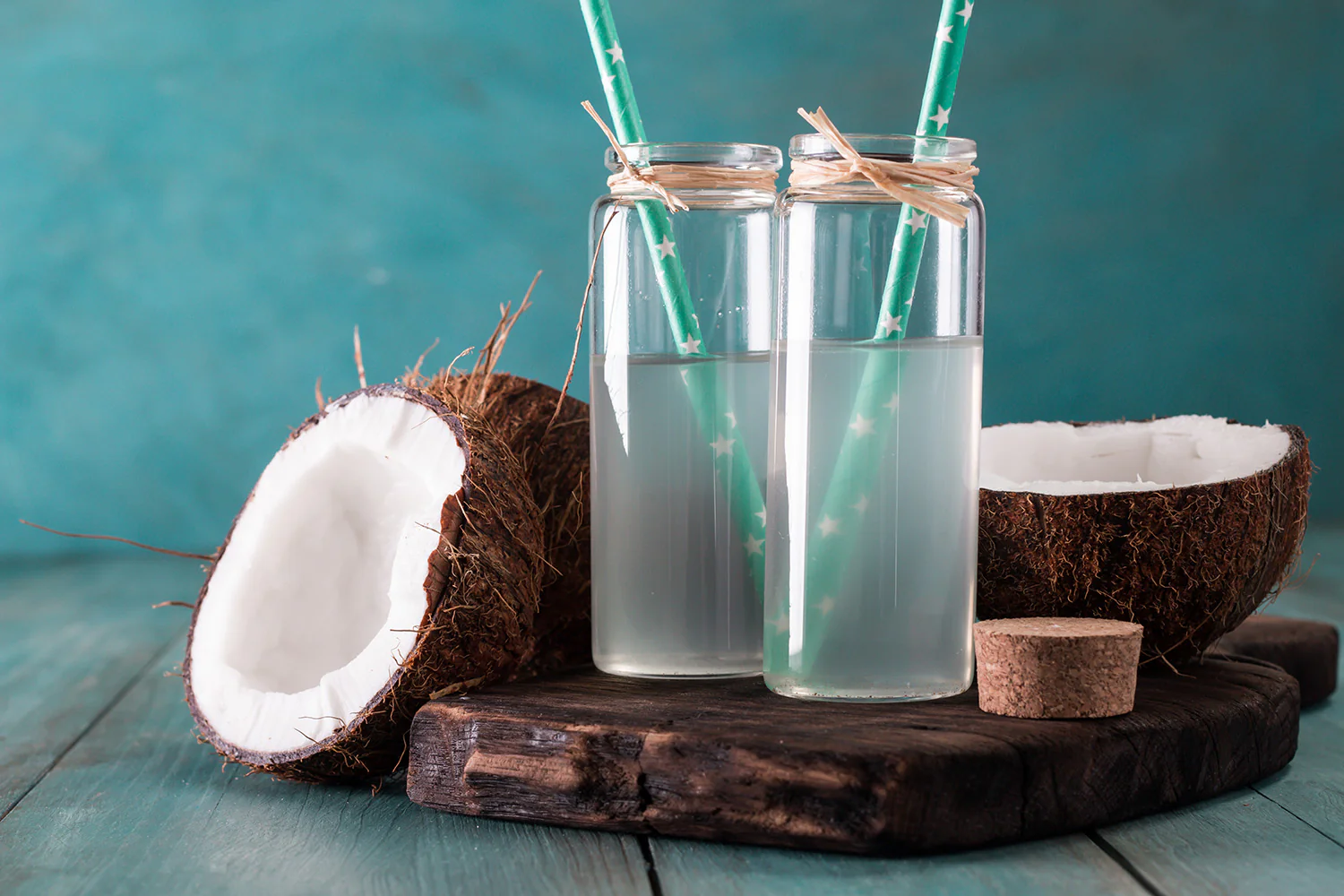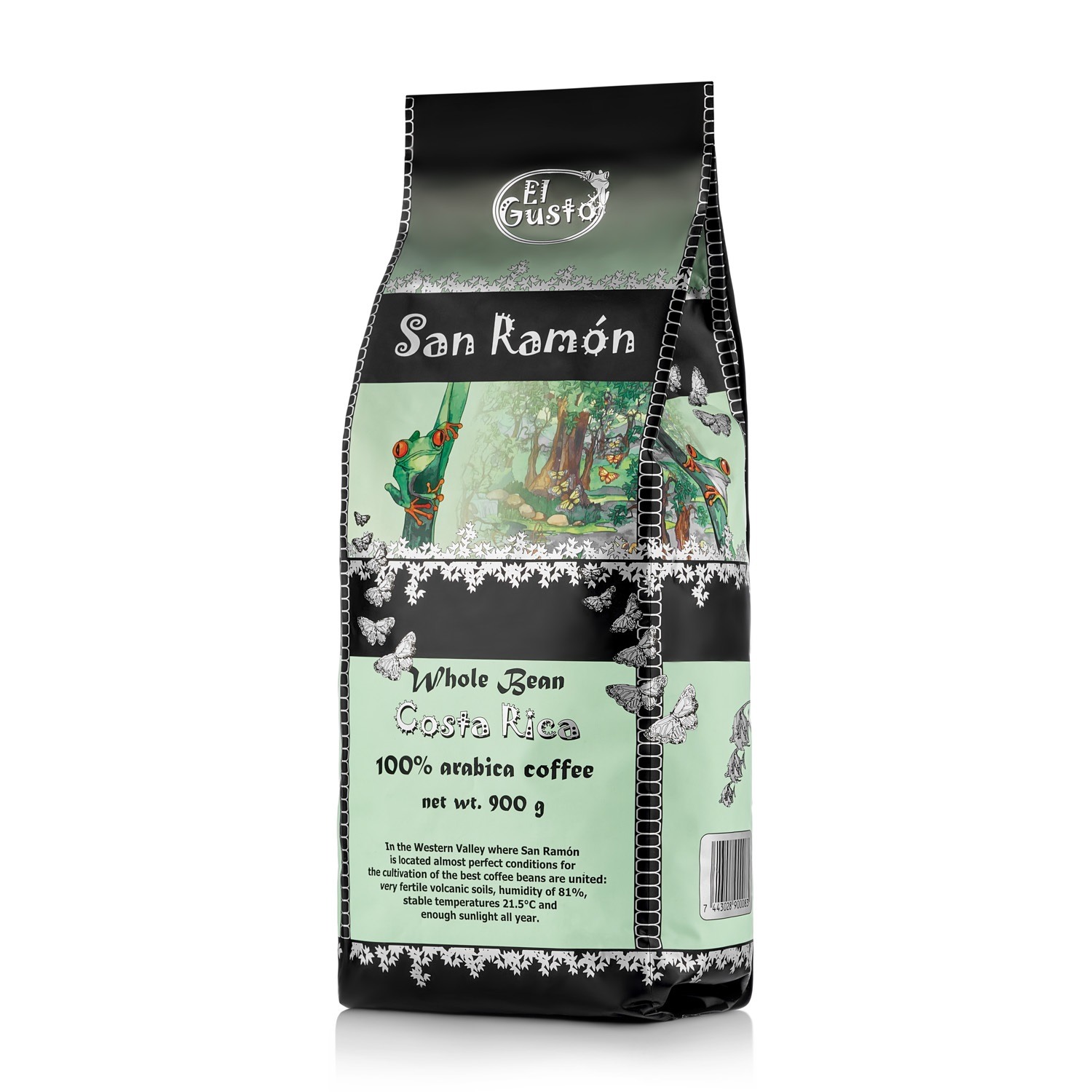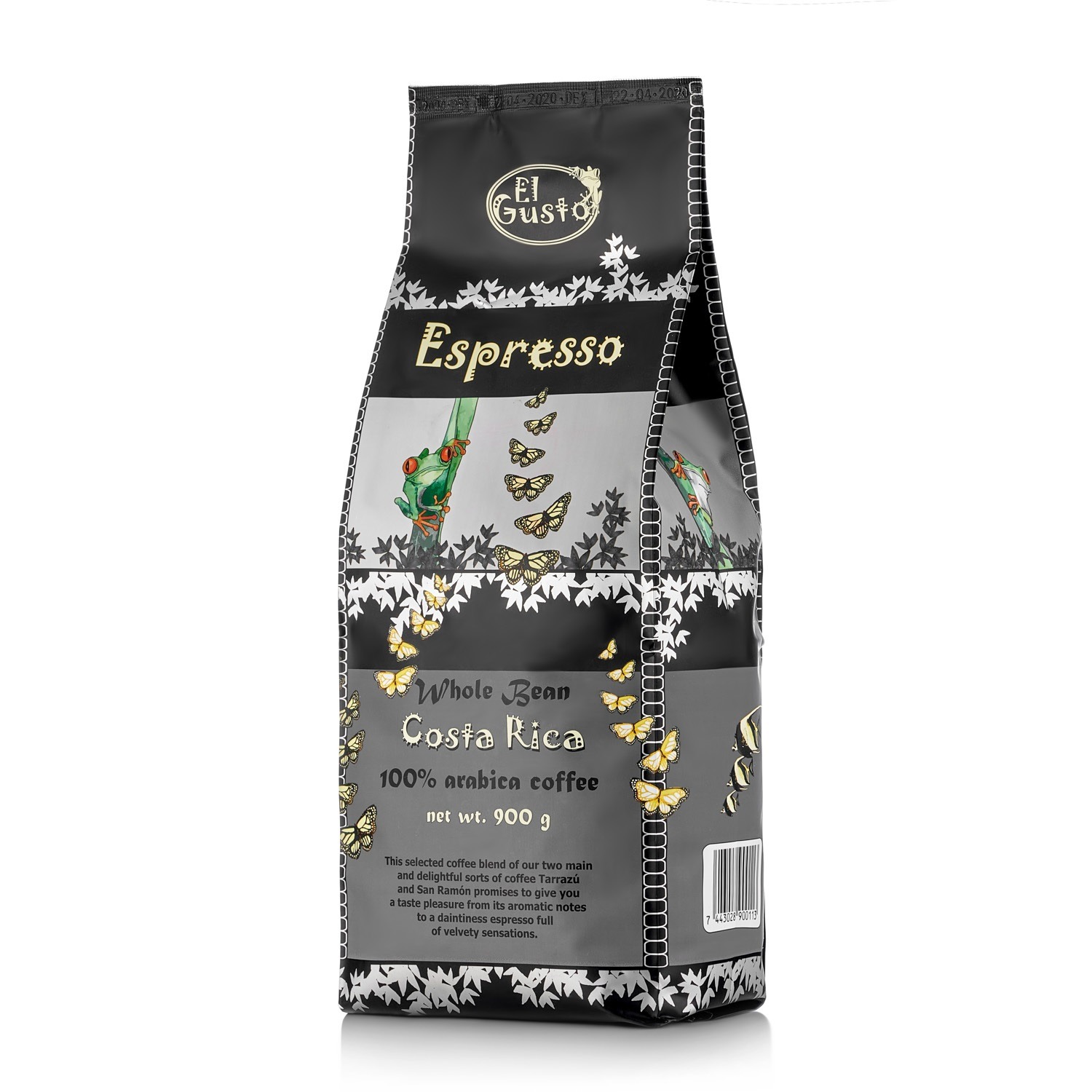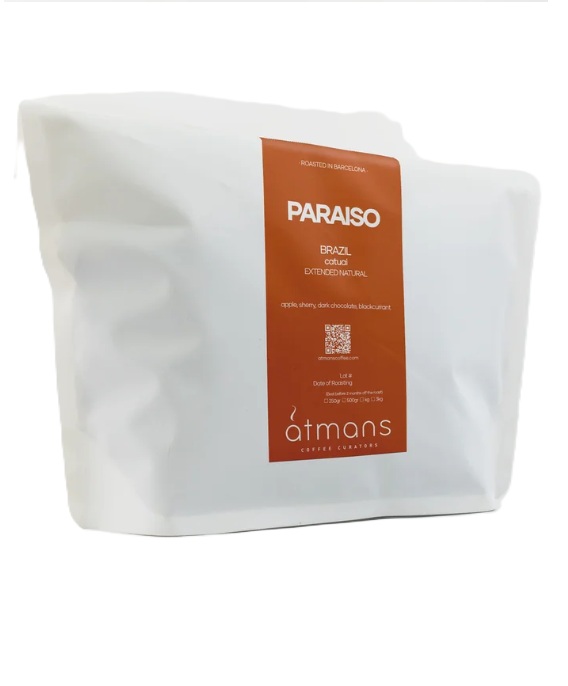
Coconut Water: An Electrolyte Boost or Just Empty Calories?
Table of Contents
- What Exactly Is Coconut Water?
- Nutritional Breakdown of Coconut Water
- Electrolytes: The Real Deal
- Health Benefits of Coconut Water
- Is Coconut Water Just Empty Calories?
- When Should You Drink Coconut Water?
- Coconut Water vs. Sports Drinks: Which Is Better?
- The Final Verdict: Electrolyte Boost or Empty Calories?
Coconut Water: An Electrolyte Boost or Just Empty Calories?
- Adam Smith
- 14-10-2024
- 14-10-2024
- 2419 views
- Information

Coconut water has long been considered a refreshing, natural beverage, but in recent years, its reputation as a health drink has skyrocketed. Touted by fitness enthusiasts and health experts alike, this drink is often presented as the perfect solution for hydration, offering more than just a thirst-quenching experience. But does coconut water truly live up to the hype? Is it an electrolyte-packed beverage, or is it simply a source of empty calories? In this blog, we’ll dive deep into the benefits of coconut water, breaking down its nutritional value, health benefits, and whether it’s a superior choice for hydration or just another marketing fad.
What Exactly Is Coconut Water?
Coconut water is the clear liquid found inside young, green coconuts. It’s often confused with coconut milk, but the two are quite different. While coconut milk is made from grated coconut meat and is rich and creamy, coconut water is light, clear, and somewhat sweet with a slightly nutty taste. It’s naturally low in calories, contains no fat, and has a relatively mild flavor.
As a natural beverage, coconut water has been consumed for centuries, especially in tropical countries. In recent years, however, it’s gained massive popularity worldwide, often marketed as a healthy alternative to sugary sports drinks and sodas.
Nutritional Breakdown of Coconut Water
Coconut water is packed with essential nutrients, making it much more than just flavored water. Here’s a breakdown of what a typical 8-ounce serving of coconut water contains:
- Calories: Approximately 45-60 calories
- Carbohydrates: 9-15 grams
- Sugars: 6-8 grams (naturally occurring)
- Potassium: About 600-700 mg (15% of the recommended daily intake)
- Magnesium: 60 mg (15% of the recommended daily intake)
- Sodium: 30-40 mg
- Calcium: 40-60 mg
- Vitamin C: Approximately 10% of the daily value
While coconut water does contain some natural sugars, it also provides a rich source of vitamins, minerals, and electrolytes—especially potassium. This makes it an attractive option for athletes or those seeking to replenish their electrolytes without consuming artificial additives or excess sugar, which are often found in commercial sports drinks.
Electrolytes: The Real Deal
One of the biggest selling points of coconut water is its high electrolyte content. But what exactly are electrolytes, and why are they important?
Electrolytes are essential minerals like potassium, sodium, magnesium, and calcium, which help regulate fluid balance in the body, support nerve function, and ensure that muscles (including the heart) work properly. When we sweat, we lose electrolytes, and if they’re not replenished, it can lead to dehydration, muscle cramps, and other issues. This is why sports drinks and other hydration products are often marketed based on their electrolyte content.
Coconut water naturally contains a high level of potassium, which is crucial for muscle function, and a small amount of sodium, which aids in fluid retention and balance. This balance of electrolytes makes coconut water an effective, natural option for hydration, especially after exercise or in hot weather.
Health Benefits of Coconut Water
- Hydration and Rehydration
- Coconut water is an excellent natural option for staying hydrated, particularly after exercise or illness. Its high water content and essential electrolytes make it an ideal choice for replenishing lost fluids and minerals.
- Heart Health
- Due to its high potassium levels, coconut water can contribute to heart health by helping regulate blood pressure. Potassium is known to counteract the effects of sodium, helping to prevent hypertension and reduce the risk of stroke.
- Improved Digestion
- Coconut water contains bioactive enzymes that aid digestion and may help with issues like acid reflux or indigestion. Its high water content also supports regular bowel movements, making it a gentle solution for constipation.
- Antioxidant Properties
- Coconut water is rich in antioxidants, which can help protect the body from the damage caused by free radicals. These free radicals are unstable molecules that contribute to aging and disease, so consuming antioxidant-rich foods and beverages like coconut water may promote overall health and longevity.
- Weight Management
- Low in calories and naturally fat-free, coconut water can be a healthy alternative to sugary beverages like soda and juice. Its natural sweetness can help satisfy cravings while keeping calorie intake low.
- Diabetes-Friendly Option
- While coconut water contains natural sugars, it is still a better option for those managing their blood sugar levels compared to traditional sports drinks or fruit juices. It has a low glycemic index, meaning it causes a slower rise in blood sugar, making it a safer choice for people with diabetes or those trying to avoid sugar spikes.
- Supports Kidney Health
- The potassium and magnesium in coconut water may support kidney health by preventing the formation of kidney stones. Some studies suggest that the high potassium content helps regulate blood flow and may even aid in reducing the size of existing kidney stones.
- Exercise Recovery
- After an intense workout, the body loses water and electrolytes through sweat. Coconut water provides a natural alternative to traditional sports drinks, replenishing electrolytes like potassium and magnesium. Its low calorie and sugar content also make it a healthier choice for rehydration.
Is Coconut Water Just Empty Calories?
Given its nutritional profile, it’s clear that coconut water is far from just empty calories. While it does contain some naturally occurring sugars, the benefits of coconut water far outweigh any concerns about its calorie content. In fact, the natural sugars in coconut water are easily digestible and provide a quick source of energy, especially after physical exertion. Unlike sugary sodas or artificially flavored beverages, coconut water is low in added sugars, making it a much healthier option.
When Should You Drink Coconut Water?
While coconut water is generally considered healthy, it’s important to remember that it is not a magical cure-all. It’s best consumed as part of a balanced diet. Here are some ideal times to enjoy coconut water:
- Post-Workout: Coconut water is a great way to replenish electrolytes and stay hydrated after a workout.
- During Illness: If you’re recovering from an illness that involves dehydration, such as the flu or food poisoning, coconut water can help restore lost fluids and nutrients.
- Hot Weather: On a particularly hot day, coconut water is a refreshing, natural way to keep cool and hydrated.
- As a Refreshing Beverage: Swap out sugary sodas or juices for coconut water as a low-calorie, nutrient-rich alternative.
Coconut Water vs. Sports Drinks: Which Is Better?
Commercial sports drinks are often loaded with artificial flavors, added sugars, and unnecessary additives. While they do provide electrolytes, the high sugar content can lead to energy crashes and weight gain if consumed in excess. Coconut water, on the other hand, offers natural hydration with no artificial ingredients. Its electrolyte balance, low sugar content, and health benefits make it a superior choice for hydration.
However, there may be situations where a traditional sports drink is preferable, such as during prolonged, high-intensity exercise where the body loses a lot of sodium through sweat. Since coconut water is lower in sodium than most sports drinks, athletes engaging in extended periods of strenuous activity may benefit from additional sodium intake. In such cases, it’s essential to balance coconut water with other sources of electrolytes.
The Final Verdict: Electrolyte Boost or Empty Calories?
Coconut water is far from empty calories. With its rich nutrient profile, impressive electrolyte content, and numerous health benefits, it serves as a fantastic natural beverage for hydration, recovery, and overall wellness. Whether you’re an athlete, someone looking for a healthy alternative to sugary drinks, or just someone who enjoys a refreshing, hydrating beverage, coconut water is worth adding to your diet.
Its benefits far surpass those of artificial sports drinks, providing an electrolyte boost without the drawbacks of added sugars and chemicals. Just be mindful of your overall consumption, as with any food or drink. If you’re concerned about calorie intake, it’s still important to drink coconut water in moderation, but when consumed as part of a balanced diet, it can offer substantial health perks.






















